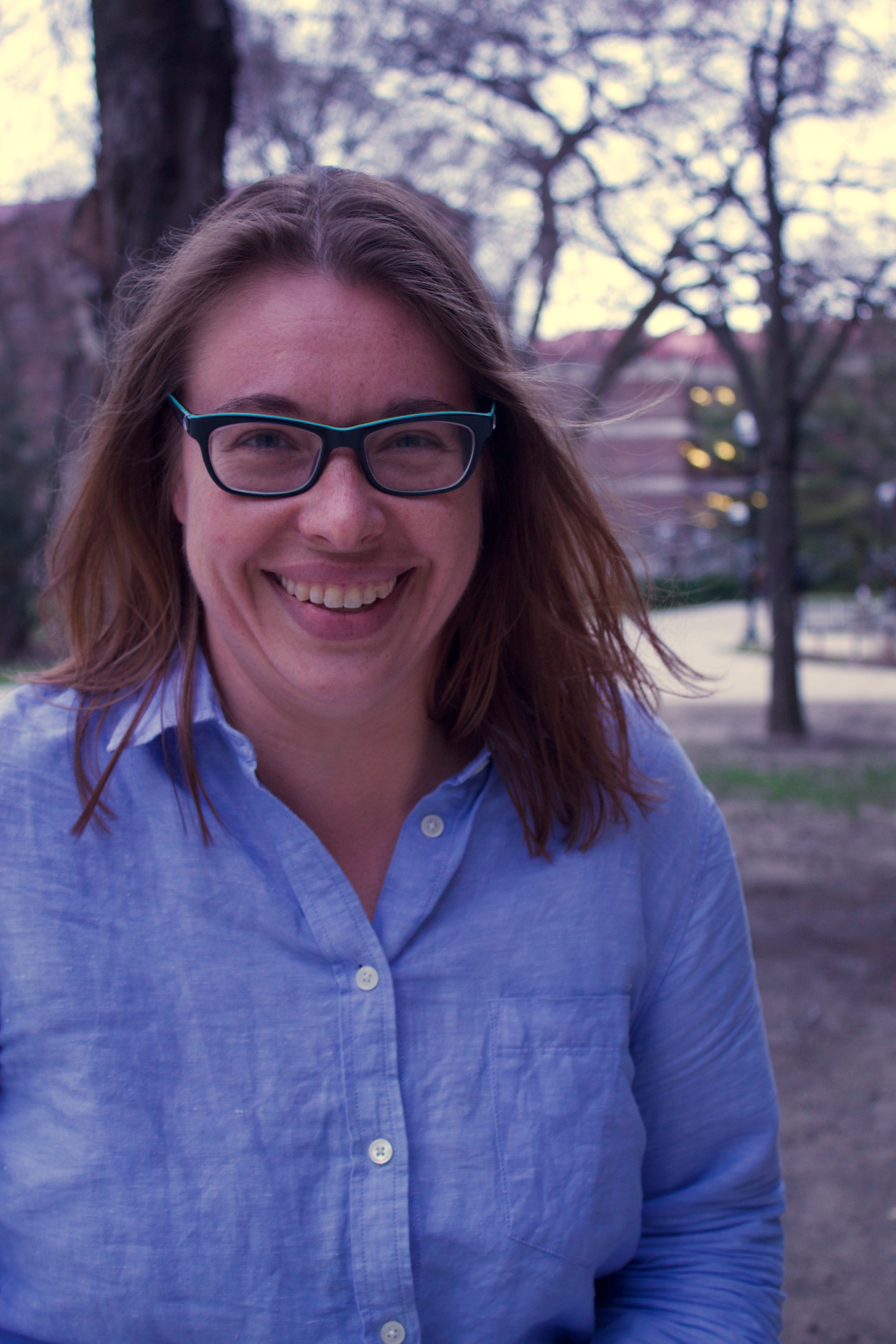Testing for OO-faithfulness in the acquisition of consonant clusters
Published in Language Acquisition, 2012
Recommended citation: Tessier, A.M. (2012). "Testing for OO-faithfulness in the acquisition of consonant clusters" Language Acquisition. 19(2). https://doi.org/10.1080/10489223.2012.660552
This article provides experimental evidence for the claim in Hayes (2004) and McCarthy (1998) that language learners are biased to assume that morphological paradigms should be phonologically-uniform. The evidence comes from an artificial language word-learning paradigm, in which children learned novel objects names such as wutch and a plural suffix -del in an alien language and then were asked to produce alien words with difficult coda-onset clusters, some of which straddled the singular +del suffix boundary. The results suggest that 4-year-olds who are acquiring novel consonant clusters are preferentially faithful to the base segments in a derived word.
